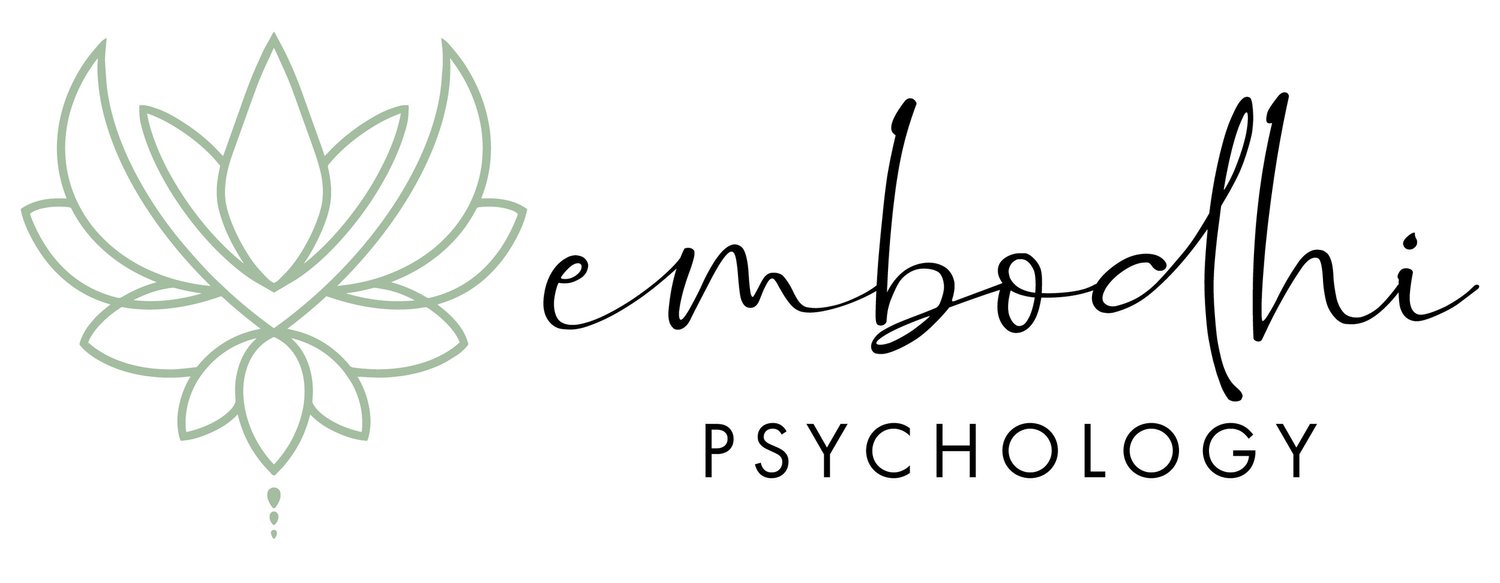What do you do in a psychology session?
Seeing a psychologist may feel like a mystery, confusing, overwhelming or even unnecessary to some. The points below are for you if you have not attended a session before, not yet found the right psychologist for you, or as a reminder for those who already do see someone. Please note there are other processes + experiences that occur in sessions, as this is not an exhaustive list.
1 . You are given the opportunity to feel seen + heard, through exploring your thoughts + feelings, without judgement.
Your psychologist is there to listen and hold space for you to express and explore. They are not there to tell you right from wrong, provide opinions, give advice nor “fix” you (as you are not broken).
2. You will be asked questions that encourage self reflection, objectivity + the development of insight.
You will be asked questions that may at times feel curious, challenging and uncomfortable, however the intention is to help you consider alternative perspectives, challenge any unhelpful beliefs and to get to know yourself better. Your psychologist should not know you personally/outside of the therapeutic space, nor the people and experiences you speak of. Therefore, it is an opportunity to explore things you may not feel comfortable sharing with those who are closer to you.
3. Explore how past experiences may have impacted on your present day relationship with yourself + others.
In session you can explore how your earlier life experiences have impacted on the way you relate to yourself, other people and the world around you. This includes an exploration of unmet needs, reactions, coping mechanisms and associated thoughts and feelings. All so you can begin to make sense of your past and present.
4. Identify + learn how to challenge unhelpful narratives + beliefs about yourself, others + the world. Not only will your psychologist help you to explore unhelpful and potentially outdated beliefs and narratives, they will help you learn how to challenge them for an overall improved quality of life.
5. Learn new skills to take care of yourself outside of sessions.
Depending on your needs, concerns and treatment plan this may include cognitive, behavioural, emotional or somatic (body) focused tools and skills. For example, guided breathing, visualisations, body scans, for grounding, emotion regulation, and self soothing. You may learn how to monitor, catch and challenge unhelpful thoughts and beliefs, and set behaviour pattern breaking tasks to avoid engaging in unhelpful coping responses. Please note this is not an exhaustive list of skills and your treatment plan should be made in collaboration with your psychologist based on your goals and needs.
Please note not everyone experiences all of this in their psychology sessions. This may be due to different priorities, needs and treatment plans or possibly an incorrect psychologist-client fit. However, these points are the responsibility of both the client and psychologist to explore collaboratively. If you are not happy with the content or experience of your sessions the most helpful thing you can do is to bring it up respectfully with your psychologist or decide if you think it is best for you to find a new psychologist, who is able to work better with your style and needs.

